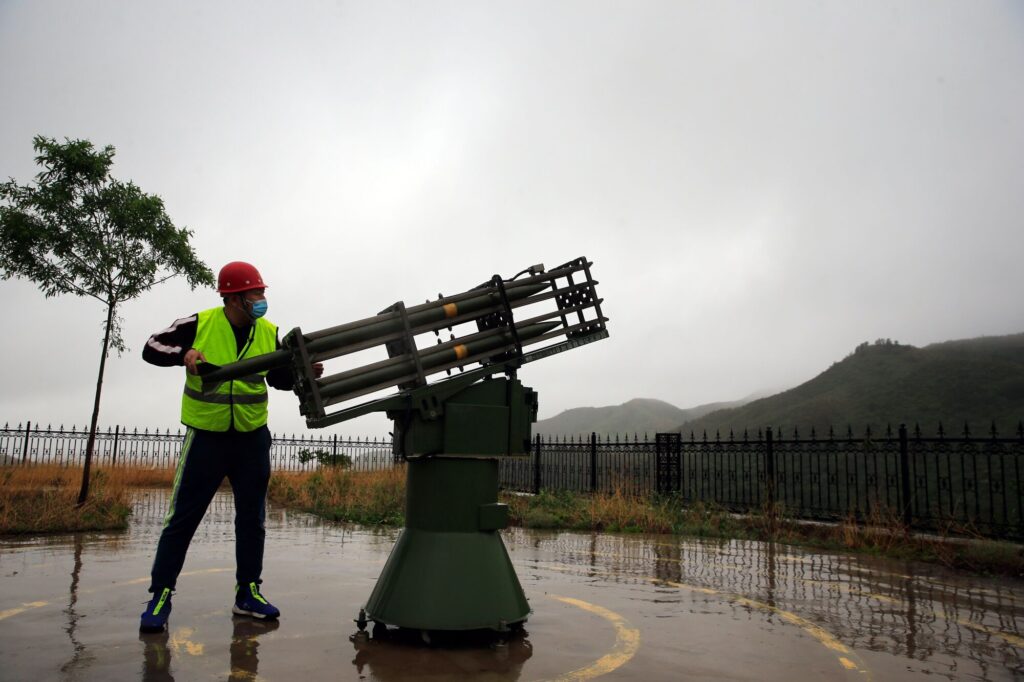
This Bloomberg Cleaner Tech (!) article about whether humans can control forces beyond our control (the weather) accidentally highlights the ways we ignore the choices and actions well-within our grasp:
In an effort to control future rainstorms, scientists in Japan are working on an ambitious government-backed project involving everything from giant curtains floating on the sea to fields of wind turbines to protect the island nation. Their goal, they say, is to turn extreme weather into “a blessing” — if it works.
The effort feels ripped from the pages of a sci-fi novel, but it’s attracted dozens of researchers across Japan. The team, led by Kosei Yamaguchi, an associate professor at Kyoto University, is focused on reducing so-called “guerrilla” rainstorms that can bring large quantities of rainfall within a short period of time. Their goal is to develop an array of weather control technologies that can reduce deluges to manageable rain and roll them out by 2050.
It’s the shiny-object school of journalism – the very next words in that article are the subhead ‘Dams in the air’ – we need something new/fresh/exciting/risky/improbable/easy to attract eyeballs and viewers and clicks. What actually happens even when this works – and let’s not consider whether it’s the true function (whoopsie!) – is that people simply move on.
That’ simply moving on’ repeated over and over into perfection becomes its own feedback loop. Not sure ‘soothing’ is the right word, but numbness definitely follows. An ensuing restlessness opens the door to helplessness, what can I do, what does any of it matter? At the bottom of that fountain (l’eau impotable) lies despair. And adding in the crucial context for a business publication, of course Billions are at Stake. And they certainly are. But which billions, other billions, are left unconsidered.
Image: cloud seeding rocket (Photographer: Zhang Haiqiang/VCG/Getty Images)
